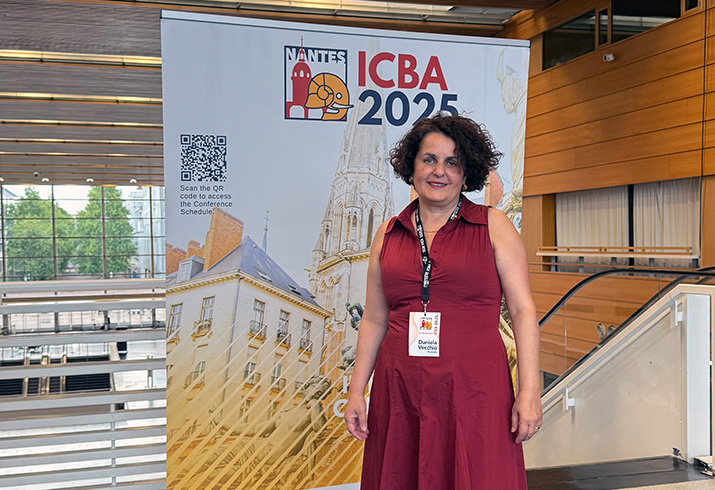Gaming Disorder Clinic leading the way

It was during COVID-19 that Fiona Stanley Hospital (FSH) clinicians noticed a steep rise in online gaming and resulting mental health problems in adolescents and young adults who were presenting to the emergency department, youth and adult mental health and medical wards.
The first publicly funded Gaming Disorder Clinic (GDC) in WA was conceived and has been in operation since 2022 as part of the FSH Addiction Prevention and Treatment Service.
The GDC is unique in Australian public health, and internationally, because it is seeing patients in an acute hospital setting. Since it opened it has seen 310 patients.
FSH Consultant Psychiatrist and Head of Service, Daniela Vecchio, said the condition of gaming disorder is included in the ICD11 and was recognised by the World Health Organization in 2019.
It presents when digital gaming or video gaming becomes more important to an individual than other interests and activities in their daily life, to the point that it impairs their ability to function.
"The clinic was established because we noted patients whose lives were impaired by excessive time and focus spent on gaming and also their families were devastated by the consequences," Dr Vecchio said.
"Patients start becoming disengaged from their families, they do not go to school, they do not go to work, and their mental health becomes affected so they may develop irritability, depression and anxiety.
"Their behaviour changes, they become very much socially isolated, and they can become very aggressive when boundaries are put in place."
“Young people are groomed online, and they are at risk of being sexually exploited. There are also cases of people being radicalised online.”
The GDC works with patients to slowly reconnect them back to regular activities, led by psychiatrists and a multidisciplinary team of clinicians.
Patients are encouraged to have a digital detox, which could be done at home or in more severe cases carried out on the youth ward.
“We usually start by encouraging them not to have devices in their room at night, to give it to their families, and perhaps switch off the Wi-Fi,” Dr Vecchio said.
“We encourage them to have other activities, because the worst enemy for them is the boredom, so they need to replace gaming with social activities – or social prescribing -- so family activities like cooking a meal together without devices around, and not just for the individual but for whole family."
An audit of the GDC in 2024 found that the patients ranged from 8 to 59 years old, with the majority aged between 15 and 19, and 72 per cent were male.
Almost all patients (96.7 per cent) had other psychiatric comorbidities with the most common being attention deficit hyperactivity disorder (ADHD), autism spectrum disorders (ASD), depression, anxiety and substance use disorder. Less common were post-traumatic stress disorder (PTSD), psychosis and bipolar disorder.
The GDC now provides outpatient care for the community in WA, accepting referrals from GPs, teachers and non-GP specialists.
It is a statewide clinic, providing face-to-face, telephone and telehealth services for patients meeting referral criteria.
Dr Vecchio said while progress had been made, the next important step in addressing gaming disorder is to educate professionals in the health and school sectors, and to develop screening and prevention.
Keep up to date with our news and achievements
Find out more on Facebook (external site) or LinkedIn (external site)

